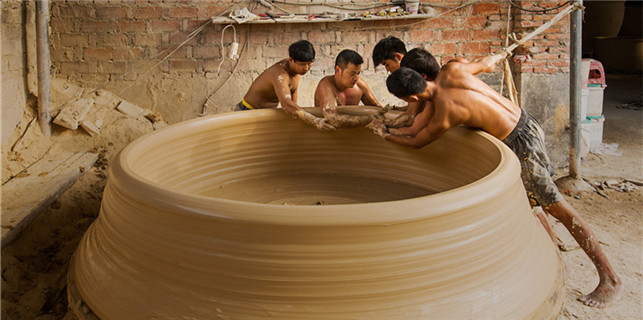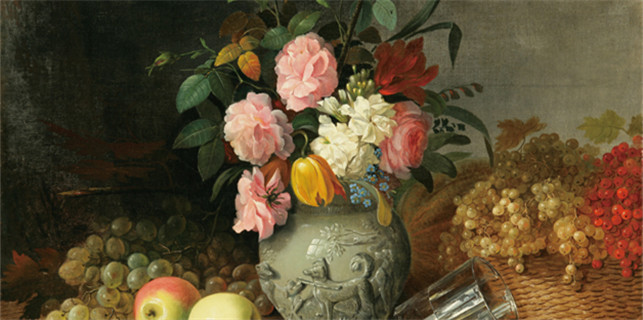Vanlian pan-China expansion on cards as decoration market shines
Interior decoration startup Vanlian, the two-year-old online-to-offline or O2O platform, continued its domestic expansion by opening a new store in Tianjin last month.
Founded jointly by realty players China Vanke and Homelink Real Estate Agency, Vanlian will expand more around Beijing, particularly in the Beijing-Tianjin-Hebei region, its executives said.
Liu Xiao, chairman and senior vice-president of China Vanke, said Vanlian expects to expand nationwide after increasing market share via its Beijing operations.
Li Wen, Vanlian's deputy general manager, said since the shareholders have been in Tianjin for a while, the firm will have broader access to local resources.
Liu said monthly sales in the national capital alone have reached 1,000 orders, surpassing other comparable firms' sales in a single city.
Vanlian expects to rack it up to over 10,000 orders in Beijing and Tianjin by this year-end with sales revenue estimated to reach up to 1 billion yuan ($150 million), he said.
According to investment bank Goldman Sachs, China's interior decoration market, now valued at $264 billion, will top the global scene in 2020 with an annual growth rate of 12 percent from this year onward.
The domestic segment currently accounts for 5 percent of the Chinese retail industry.
Yan Yuejin, a researcher with the E-house China R&D Institute, said changes in the demand-supply structure of China's real estate industry are prompting property companies to expand into the interior decoration business.
"Since more and more people are already owning homes, demand is shifting from realty to interior decoration," Yan said. "Home decoration will become a new growth engine for real estate companies seeking profits."
Agreed Vanlian's Li. "Though there are many fully decorated houses on sale, Chinese customers still tend to buy roughcast houses to decorate them according to their taste. This trend won't change in the future."
As for the present, Li said China's top five interior decoration companies command less than 3 percent of the market share and there is not yet any unicorn or a company with a valuation of $1 billion or more.
The traditional interior decoration industry faces challenges in the form of labor-intensive business, low entry barriers and weak monitoring of quality standards due to unprofessional managers and workers with suboptimal skills.
Also, online intermediaries charge fees for linking decoration teams to home owners, but do not eliminate risks like lack of authentic market information, poor supervision and sloppy service, business insiders said.
"Most of the time, we've to watch over workers to avoid poor workmanship or use of substandard materials," Li said.
To remedy the situation, Vanlian plans to offer high salaries to professionals and skilled workers, and establish training and evaluation systems to promote better self-management, Li said.
For their part, other companies have begun to embrace the O2O business model.
For instance, the first brick-and-mortar store of Ohome, an internet-based interior decoration platform of China's realty player Country Garden, opened in Guangzhou, capital of southern Guangdong province, in early 2016.
Similarly, Ikongjian.com, an O2O interior decoration player, expanded its business on the back of financing of up to 216 million yuan from Gome, a home appliance giant, in June. It also boosted its membership, and bolstered its supply chain and market promotions.
Investors, including Matrix Partners China, Sequoia Capital and IDG Capital Partners, also backed internet-based interior decoration labels in recent years.
Lu Lingling, an analyst with the Shenwan Hongyuan Securities Research Institute, said internet-based interior decoration unicorns will emerge sooner than later, given the high potential of the market.
Firms such as Vanlian are trying to maximize that potential. For instance, Vanlian enables its customers to first access basic information about interior decoration options on its website and app.
Armed with such information, consumers can visit its offline stores for a real-life experience of their choices. If satisfied, they can then sign the deal online.
The O2O model helps provide tailored products for clients, reduce cost, and monitor the decoration process, Vanlian's executives said.
Last year, Vanlian was ranked the top Chinese internet-based interior decoration brand by the Standard Ranking City Institute. The honor was in terms of registered assets, internet influence and clients' satisfaction.






















